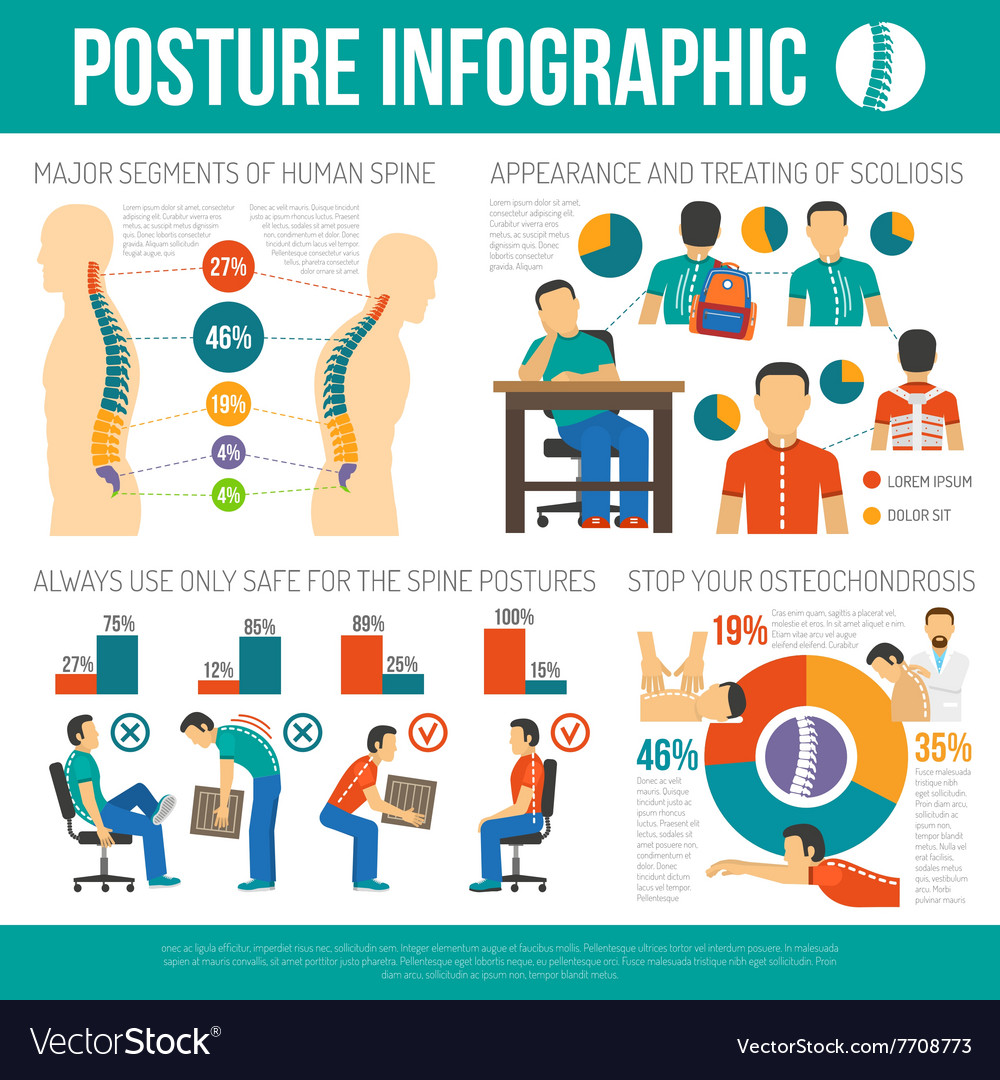Can Chiropractic Care Adjustments Lead To Addiction? Separating Fact From Rumor
Can Chiropractic Care Adjustments Lead To Addiction? Separating Fact From Rumor
Blog Article
Author-Svane Nygaard
You could have listened to that chiropractic changes can bring about a habit forming dependency, yet that's a common misconception. Lots of patients discover alleviation without establishing any type of addiction. It's important to recognize real objective of these modifications and how they suit your overall wellness method. So, just what does the science say concerning chiropractic treatment and your well-being? Allow's discover the facts.
Recognizing Chiropractic Adjustments and Their Purpose
When you think about chiropractic adjustments, it's necessary to comprehend their function and just how they work. These adjustments intend to fix misalignments in your spine and joints, promoting better positioning and activity. By using controlled pressure to particular locations, chiropractic practitioners help alleviate discomfort, boost function, and boost your total wellness.
Chiropractic treatment concentrates on your body's capability to heal itself, emphasizing the link in between the spinal column and the nervous system. When your spine is lined up, it can reduce nerve interference, enabling your body to work efficiently.
Normal modifications might additionally aid protect against future issues, keeping you active and pain-free. Eventually, chiropractic care adjustments serve to sustain your health, enhance movement, and improve your lifestyle.
Common Myths Concerning Dependency and Chiropractic Care Care
Lots of people hold misunderstandings concerning the connection between chiropractic care and dependency therapy. One typical misconception is that chiropractic modifications create an addiction-like dependency. Actually, numerous clients locate relief from discomfort and pain, yet this doesn't mean they create a psychological or physical dependency.
One more myth is that chiropractics physician are simply trying to keep you returning for even more adjustments. Most chiropractic doctors prioritize your wellness and go for lasting wellness as opposed to regular visits.
In addition, some believe chiropractic care can change typical addiction therapies, yet it should match, not replace, evidence-based treatments. Understanding these myths can aid you make informed options regarding your health and wellness and wellness without dropping target to misinformation.
The Scientific Research Behind Chiropractic Care Adjustments and Patient Experience
While some may examine the efficiency of chiropractic care modifications, an expanding body of research study supports their role in minimizing discomfort and improving general feature.
visit the up coming document suggest that back manipulation can reduce pain from conditions like reduced pain in the back, tension frustrations, and neck pain. When you undertake chiropractic treatment, the adjustments aim to recover correct placement, boosting your body's all-natural healing capacities.
Several patients report raised wheelchair and a greater sense of well-being after treatment. In addition, the healing connection you construct with your chiropractic doctor can improve your experience, as they give individualized care customized to your needs.
This mix of clinical backing and positive patient experiences assists clarify why chiropractic care changes work for lots of individuals seeking alleviation.
Conclusion
Finally, chiropractic care adjustments aren't addictive; they're made to boost your well-being and advertise proactive health maintenance. By exposing the myths surrounding reliance, it's clear that these treatments can provide significant alleviation without developing a cycle of addiction. Learn More Here as a corresponding technique to traditional therapies can cause much better wellness outcomes. So, if you're considering adjustments, felt confident that they're about enhancing your lifestyle, not producing a reliance.
